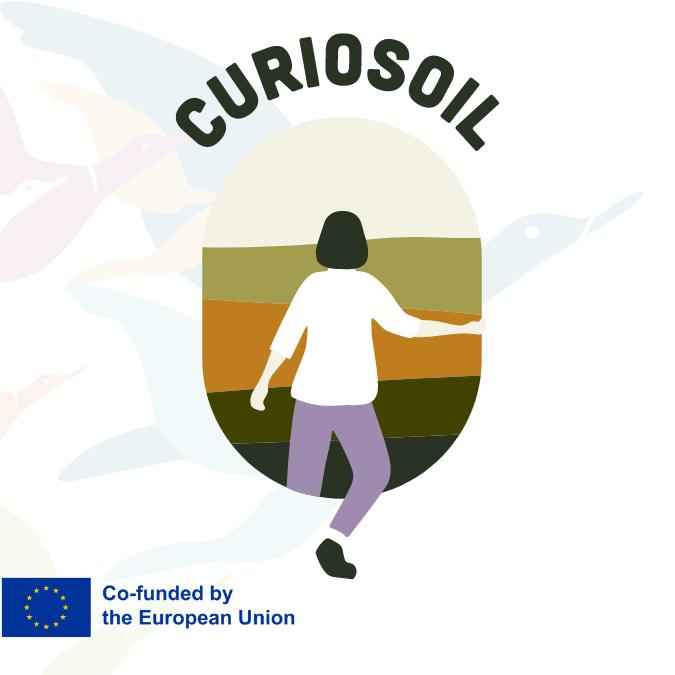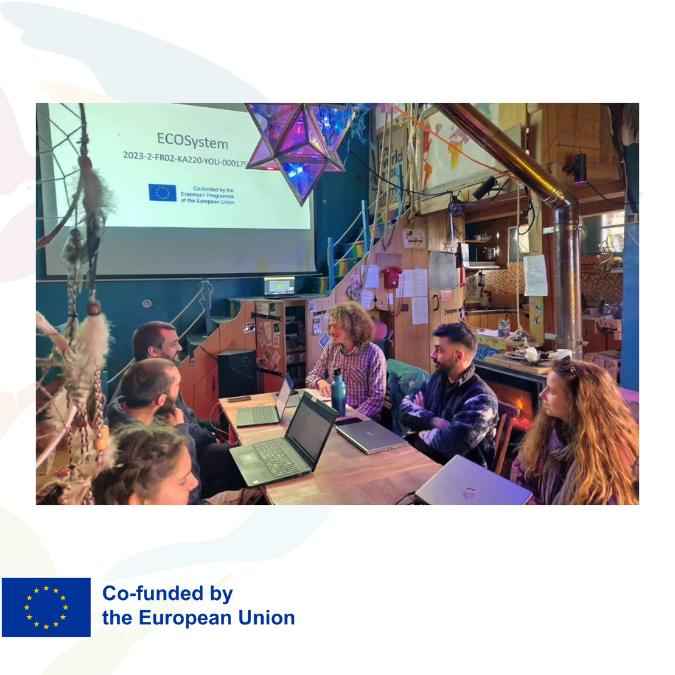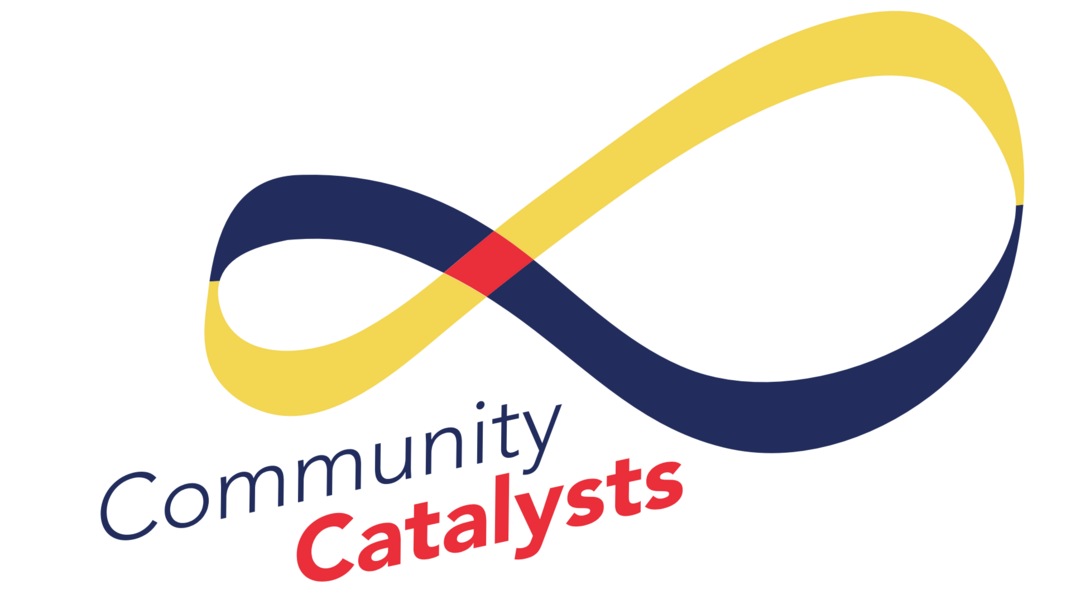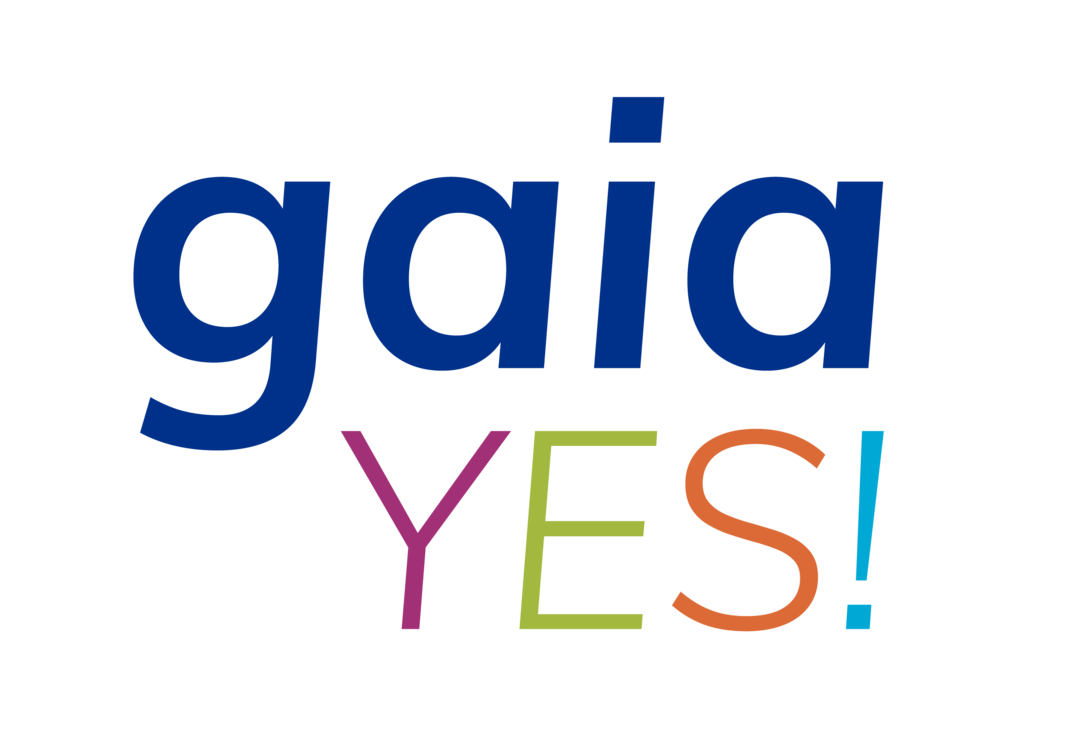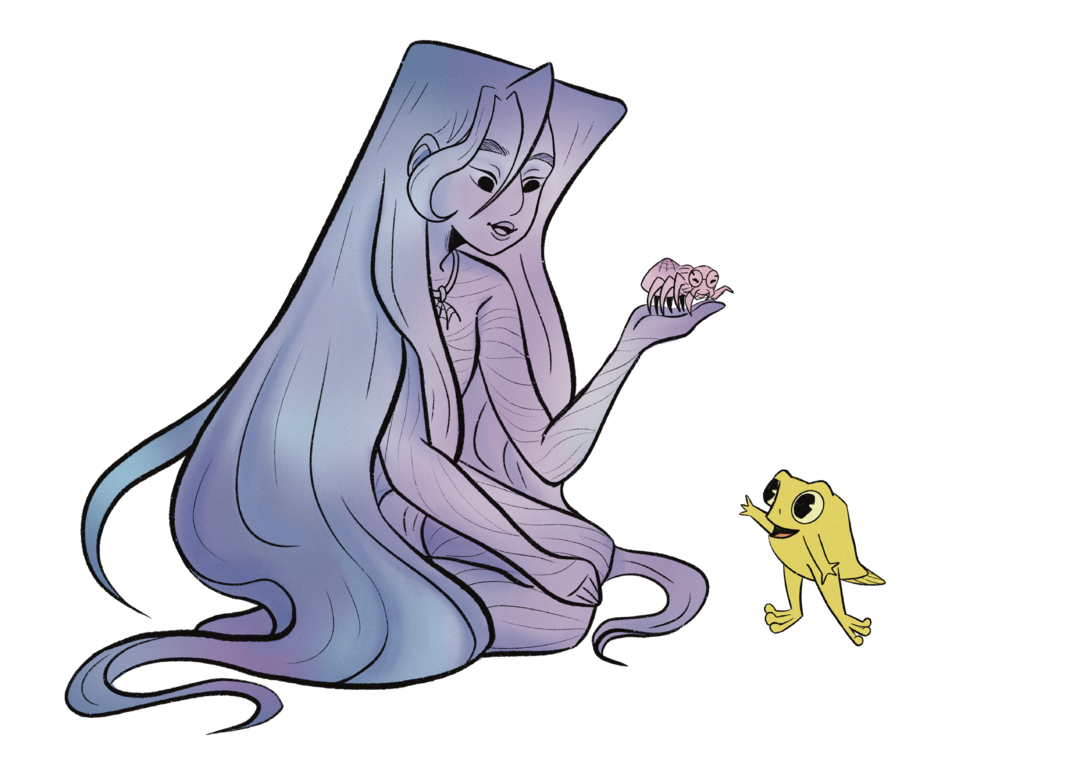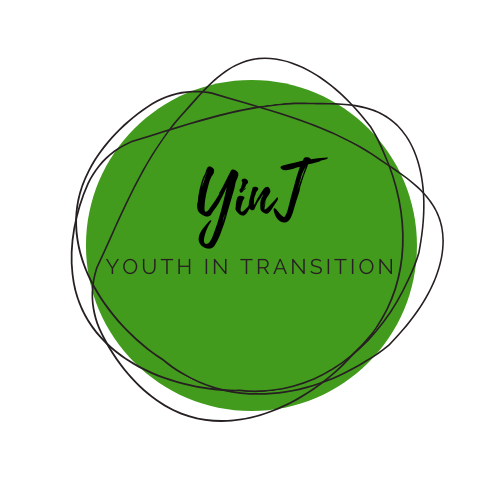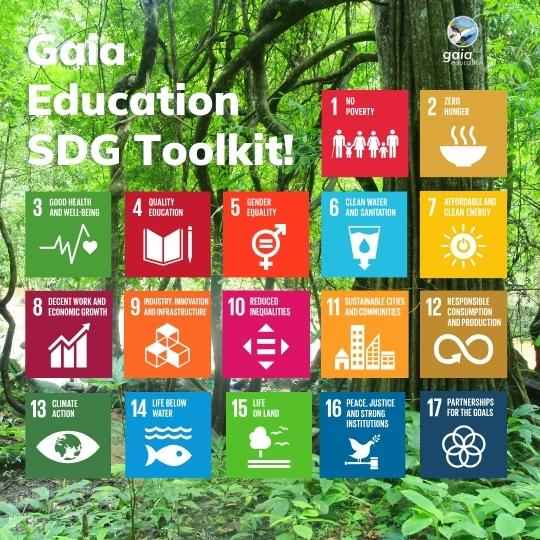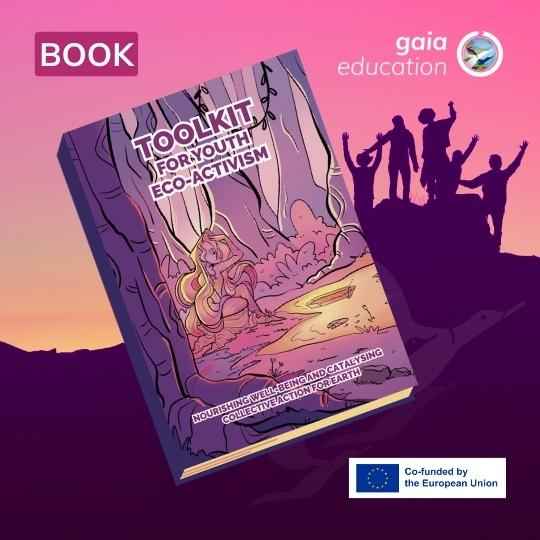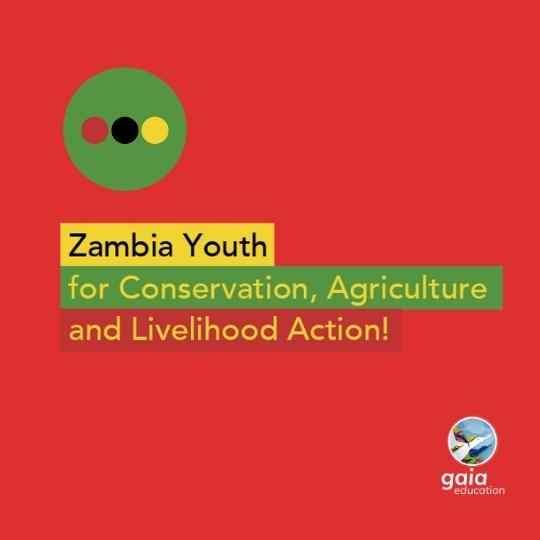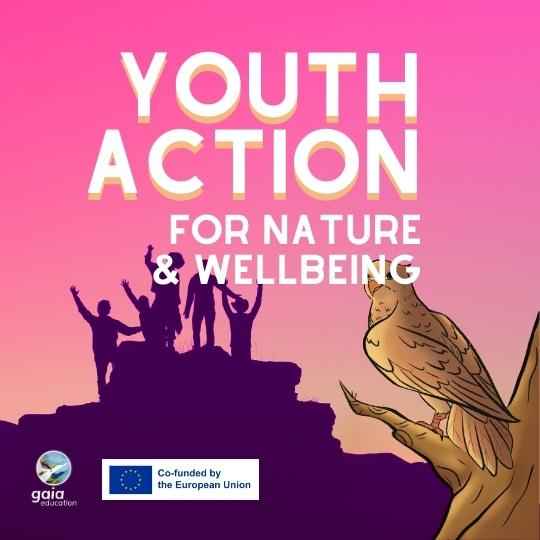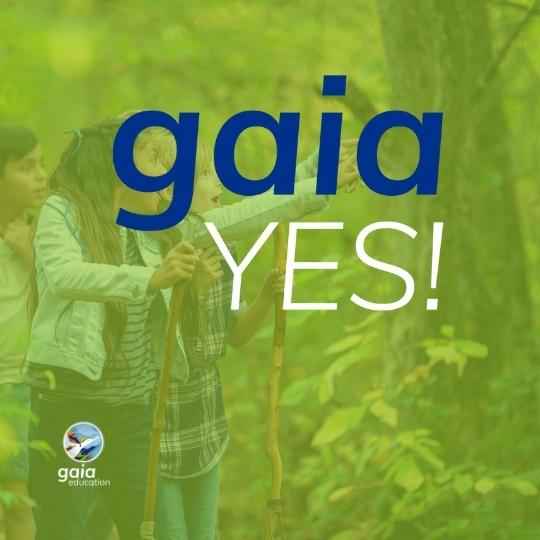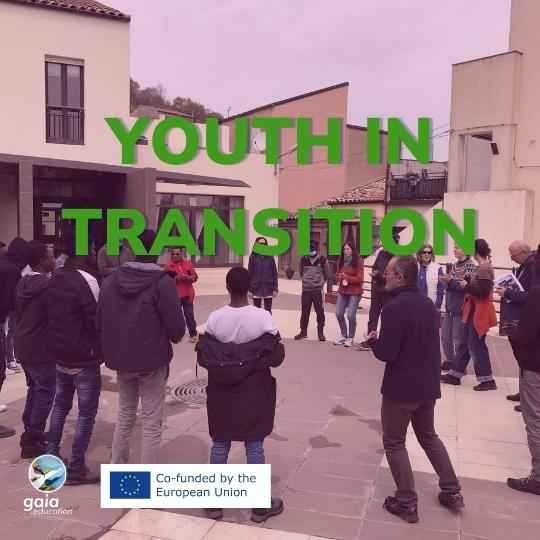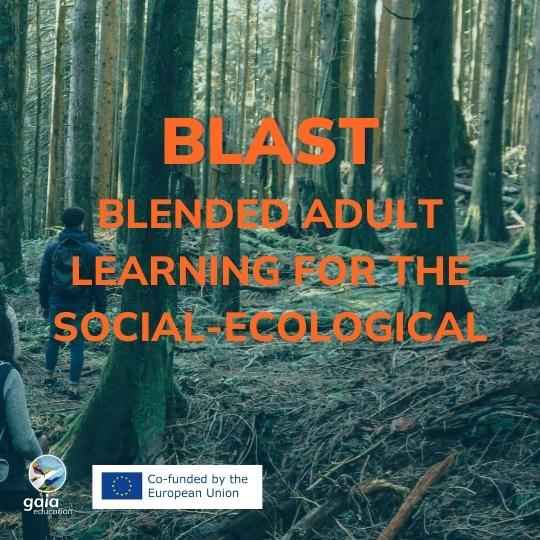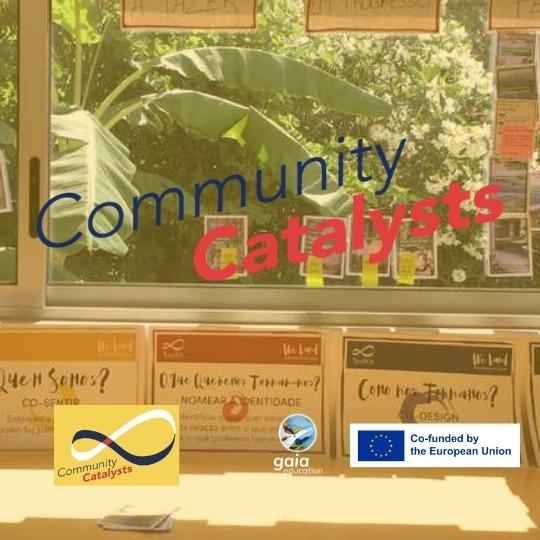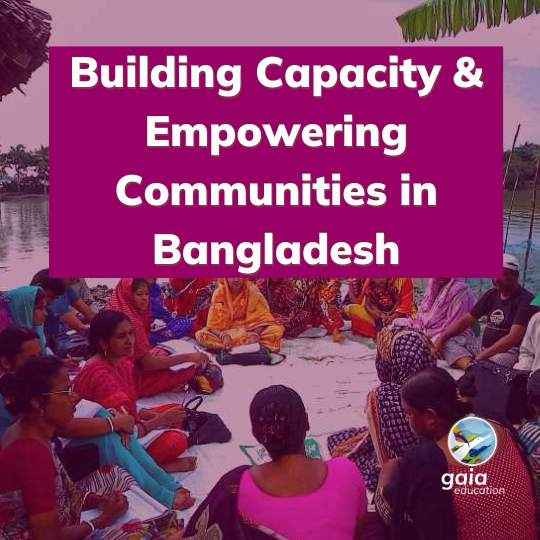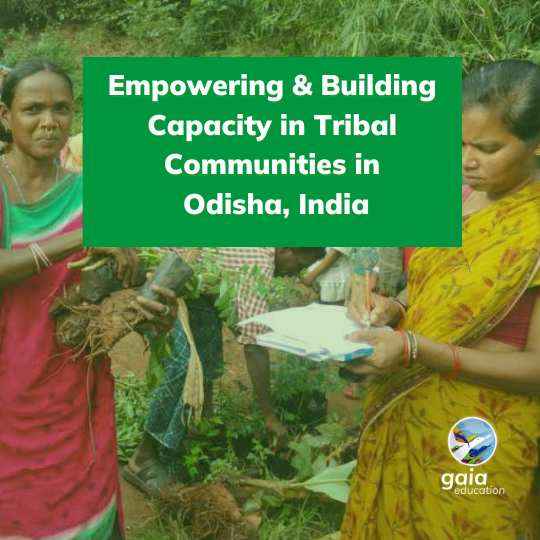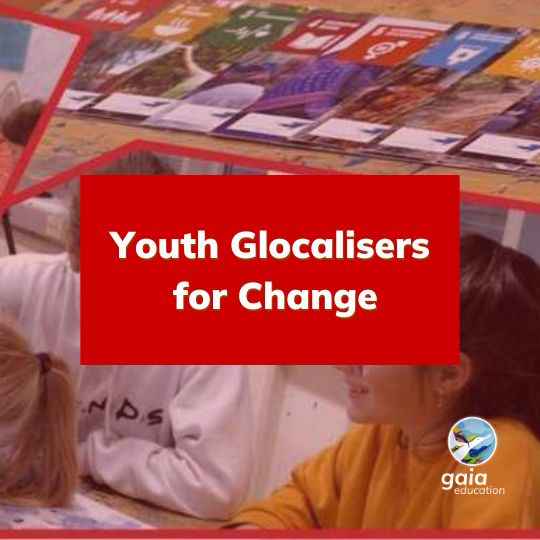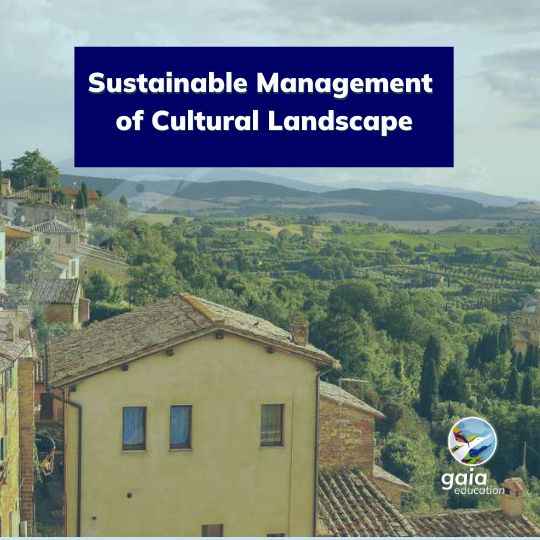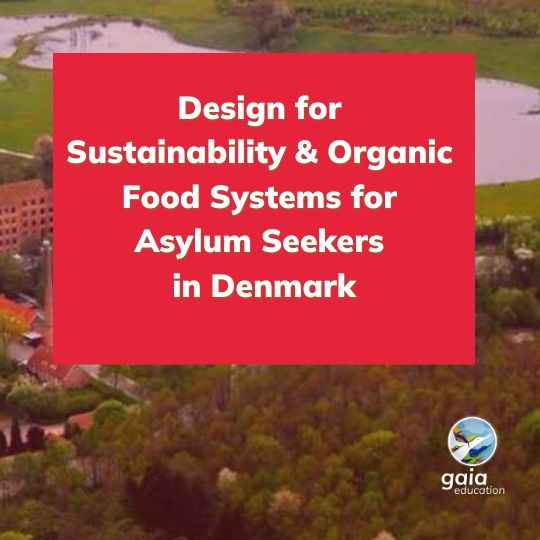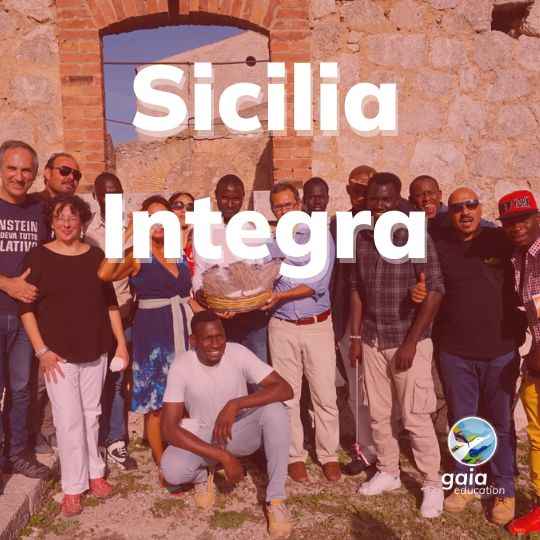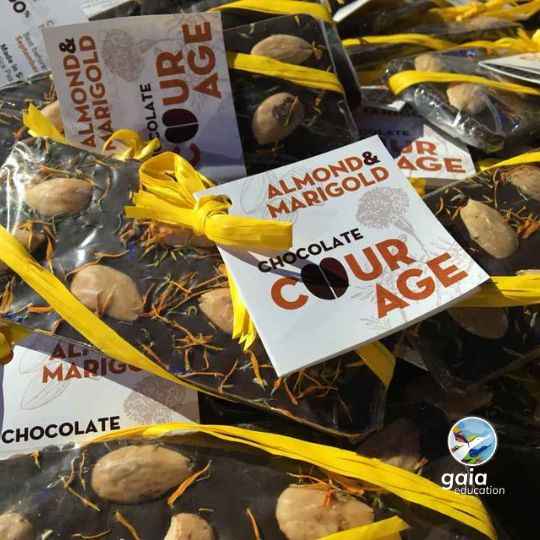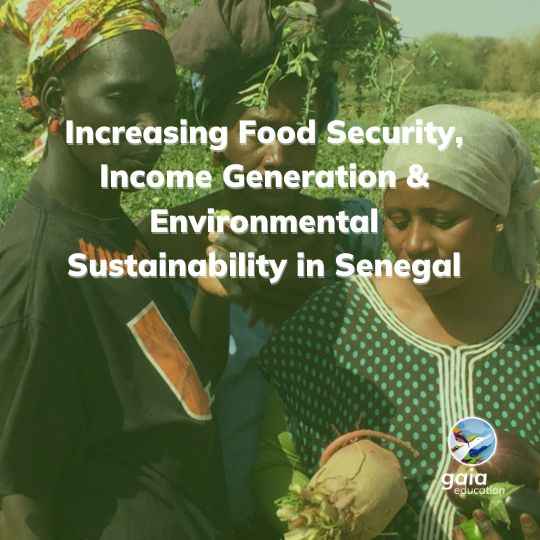Gaia Education Projects
Welcome to Gaia Education Projects, where collaborative efforts pave the way for meaningful contributions to the realization of the UN Sustainable Development Goals across Europe and the Global South.
In our Global South Projects, Gaia Education's Project-Based Learning stands as a beacon of dynamic learning. Here, stakeholders not only acquire essential skills and analytical tools but also actively engage in real-life solutions to the challenges of crafting sustainable settlements. Our tools and models resonate deeply with traditional and indigenous communities, offering them holistic strategies to manage their environments and villages while confronting climate change vulnerabilities head-on.
These projects champion integrated approaches to land management, fostering healthier soil, bountiful nutritional yields, and fortified climate resilience. Moreover, they empower communities to establish social enterprises and local businesses, preserving their unique cultures, foods, and ecologies while cultivating economic vitality and diversity.
In our European Projects, Gaia Education assumes a pivotal role across a spectrum of initiatives, primarily supported by the European Union's Erasmus+ Strategic Partnerships. Spanning various European countries, from Austria to the Netherlands, our projects embrace the multifaceted dimensions of sustainable development. They focus on areas such as youth education and mobilization, community transformation, and blended learning, forging partnerships with academic institutions, local NGOs, meta networks, and national organizations.
Join us on our journey as we collaborate, innovate, and inspire change towards a more sustainable and equitable future for all.
Ongoing Projects
CURIOSOIL
CURIOSOIL (Awakening Soil Curiosity to Catalyse Soil Literacy) is a four-year, EU co-funded project focused on enhancing soil education. Led by Universidade de Aveiro, the project addresses the critical need for a better understanding of soil amid increasing human pressures on this essential resource. Using hands-on Soil Experiences, CURIOSOIL aims to deepen public comprehension of soil dynamics, establishing a connection between individuals and soil.
By collaboratively developing educational products, curriculum standards, and teacher training programs, CURIOSOIL increases the appreciation of soil value and aligns with the EU Mission “A Soil Deal for Europe.” This initiative cultivates soil literacy, engages citizens, and promotes sustainable soil practices. The project aims to integrate soil health into EU school curricula by 2030, fostering awareness, knowledge, and behavioural changes for a resilient and climate-smart future.
ECOSystems
Empower young people, especially those facing challenges, to actively engage in sustainable lifestyles, nurture social inclusion, and promote environmental sustainability through innovative education and participation in eco-communities, thereby addressing interconnected challenges of inequality and environmental degradation.
CLOSED Projects
Community Catalysts
Accelerate Systemic Change by Leveraging Local and Translocal Collaborations that Lead to Regenerative Cultures. A Community Catalyst is a person that accelerates systemic change in their community and/or bioregion. They do so by working collectively, taking on complementary roles and engaging the wider community in the identification and activation of leverage points of the ecosocial transformation needed to embed place-based regenerative cultures at the local scale..” 
Gaia YES!
With accelerating climate change and fast decreasing biodiversity, our planet is facing a convergence of multiple crises. The next generation must be given the opportunity to gain the tools to become both resilient and innovative in the face of these issues. Education has a crucial role to play here, in preparing young people for these challenges now and into the future.
An education for sustainable development approach can foster change, encouraging students to adopt multiple worldviews and to design solutions. This type of education is, however, rarely reflected within school curricula, meaning young people lack the chance to develop this holistic vision.

Youth Action for Nature & Wellbeing
Within the context of the climate crisis and the coronavirus pandemic, it is now more important than ever to collectively respond to the need to restore the environment, engage in society as active citizens, and strengthen our mental resilience. Young people have a strong commitment to protecting the environment, while also having a greater need for social connection and a lower tolerance to uncertainty than other age groups.
![]()
Youth in Transition
The aim of Youth in Transition is to make a valuable contribution to creating a resilient, low-carbon society in Europe, by raising awareness of climate-friendly lifestyle choices among young people and mobilising a community of young people from socially diverse backgrounds to be empowered to act.
Building upon the expertise of the project partners in methodologies for Education for Sustainable Development, the project focuses on developing innovative blended and online learning opportunities for youth. Approaches will be based around creativity and the arts, allowing for new and engaging ways to mobilise.
![]()
Project Resources and Results
Explore the fruits of Gaia Education's years of project development in our comprehensive collection of resources and products. Dive into the following section to discover a wealth of outcomes tailored to support sustainable development across diverse contexts.
SDG Toolkit
Gaia Education Sustainable Development Goals Online Toolkit and resources for Designing Community Projects
TOOLKIT FOR YOUTH ECO-ACTIVISM
NOURISH WELLBEING AND CATALYSING COLLECTIVE ACTION FOR EARTH Order
Printed Edition here (limited)
Zycala
Gaia Education, WWF Zambia and the Young Emerging Farmers Initiative (YEFI) launched, on the 1st October 2017, a three-year project in the districts of Chitambo, Serenje and Mkushi in Central Province, Zambia.
Project Results
Youth Action for Nature and Wellbeing
Co-create personal and collective regenerative action and resilience tools/frameworks (with youth and youth workers) to transform the way we understand, relate, and respond to nature, as nature
Youth Education for Sustainability
Both the Curriculum for Youth and the Guide for Educators offers teachers and curriculum developers opportunities and suggestions surrounding how to bring sustainable development issues to young people and educational institutions.
Youth in Transition
This project explored the use of art and creativity further and broader in ESD and used creativity and artistic expression as a way to engage and connect more young people - to each other, to society and to the issues of sustainability and environmental justice.
See Project Website
Blended Adult Learning for The Social Ecological
The purpose of the BLAST partnership is to enable educators, trainers, facilitators, mentors, researchers etc. in delivering transformative learning opportunities to citizens, communities and professionals that engage as change-makers and game-changers in the social-ecological transition.
COMMUNITY CATALYSTS
Accelerate Systemic Change by Leveraging Local and Translocal Collaborations that Lead to Regenerative Cultures
Building Capacity & Empowering Communities in Bangladesh
Building Capacity and Empowering Communities in Khulna and Bagerhat Districts, in Southern Bangladesh, to use Sustainable Agriculture, Aquaculture Development and Climate Change Adaptation Interventions.
Empowering & Building Capacity in Tribal Communities in Odisha, India
Empowering and Building Capacity of Tribal Communities of Four Gram Panchayats of Laxmipur Block of Koraput District in Odisha to Increase Food Security, Strengthen Social Cohesion and Enhance Climate Resilience.
Youth Glocalisers for Change
The Youth Glocalisers for Change training programme holds the vision of an informed, empowered, imaginative and inter-connected generation of Austrian Youth Glocalisers, able and willing to adapt lifestyles and consumer behaviours to planetary boundaries while achieving the SDGs by 2030.
Sustainable Management of Cultural Landscape (SUMCULA)
The objective of this partnership is the development of courses and didactic resources on Sustainable Management of Cultural Landscapes, Regional Development and Cultural Heritage to be conducted at a Master’s level.
Design for Sustainability & Organic Food Systems for Asylum Seekers in Denmark
Six-week Course for Asylum Seekers in Design for Sustainability and Organic Food Systems, taking place in Avnstrup, Denmark.
Socio-Economic Integration of Migrants & Sicilian Youth through Organic Products (Sicilia Integra)
Sicilia Integra aims to support the socio-economic integration of migrants arriving in Sicily.
Youthful Herbal Chocolate
The Youthful Herbal Chocolate Project aims to build the capacity of these young women to begin a new life as they arrive in a region with the richest concentration of biodiversity in Europe, in terms of medicinal and aromatic herbs.
Increasing Food Security, Income Generation & Environmental Sustainability in the Podor Region, Northern Senegal
This three-year food security project engaging four villages of the Podor Region of northern Senegal


